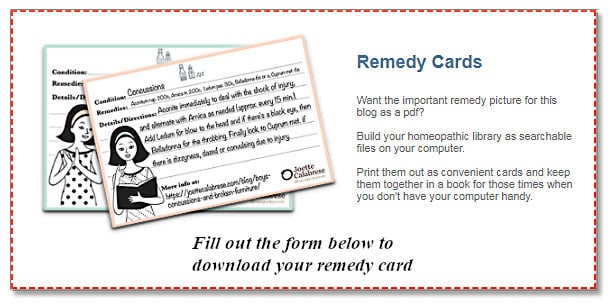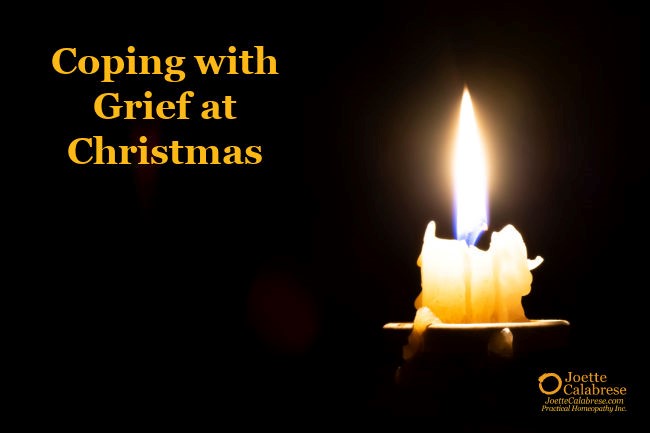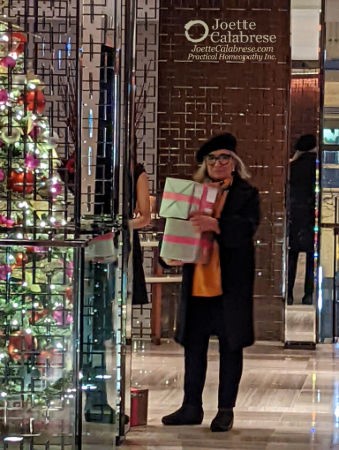It’s Christmas Eve, my friends. Tonight, for many, it means family and a traditional meal. Others will be volunteering to feed the less fortunate. Some will be heading to Midnight Mass. Yet others will be “all snug in their beds, while visions of sugar plums dance in their heads.”
It is the night before Christmas, after all.
But many will be immersed in one sort of grief or another over lost loved ones.
My mother passed away on Christmas Eve, so it's a bittersweet time for my family and me. I desire as much of my family around me as possible. So, tonight my husband, brother, a dear cousin and I will be driving from Calabrese household to Calabrese household, joining in as many festivities as possible in one night.
Cousins. Cousins. Cousins.
I'll never get enough of them, particularly at this time of year.
On the other hand, some people may prefer to be alone. These folks generally find it difficult to be in groups. Although they’re absorbed in their sorrow, they don’t want to discuss it. They don’t want to be consoled.
They prefer to suffer in silence.
For those who suffer in this way, along with it they may have feelings that get easily hurt because pain is already so close to the surface, and it doesn’t take much to rip off the scab.
Yet they can’t cry.
Sometimes, they may put on mournful music to force that emotional release that crying brings. But they certainly don’t want witnesses.
They are stuck in a deep, chronic sadness that, over time, has disconnected them from others who care.
We’ve established that Ignatia amara is a premier homeopathic medicine for grief. (See
Homeopathy Cured Grief and Sadness Without Chemicals.) However, Ignatia is sometimes considered for more recent grief.
In homeopathy, it has been said that Natrum muriaticum is the “chronic” of Ignatia. In other words, when the grief has been more longstanding and is now a deeply buried, quiet chronic sadness — a silent grief — Nat mur ought to come to mind.
The person needing Nat mur is most often responsible, serious, measured, and proper. Yet underneath, they are devastated and heading deeper into depression.
Generally employed in the 200th potency every three days, Natrum muriaticum has been shown to right the crumbling ship and hearken those drowning in grief to rejoin the living. (And then, we would stop the medicine — unless and until it is needed again if the symptoms return.)
My dear friends, during Christmas, emotions are naturally heightened. Our departed loved ones somehow feel closer yet even more distant — simultaneously. It’s only natural that each of us will have our melancholy moments. But if someone is suffering in silence, preferring to remain alone and cut off, perhaps Nat mur 200, every three days, for a few doses may be precisely what they need to rise from the ashes.
And what a beautiful gift that would be to give them this Christmas.
From my family to yours, I wish you a blessed Christmas Eve.
Warmly,
P.S. I should mention that Nat mur is also one of our best remedies for migraines. So, if the sufferer is experiencing deep, chronic grief and migraines, then this medicine might be a very tight fit.
You can learn more nuances of mental and emotional conditions in my course, Mindful Homeopathy: Practical Protocols for Mental and Emotional Conditions.
But on Christmas Eve, I’d simply like to give you a gift. I’ve created a helpful infographic for free download to help illustrate that hope is available for these conditions with Practical Homeopathy®. Just click here: https://joettecalabrese.com/mindful-graphic.







Thank you and I wish you a blessed Holiday.
Live, Bonnie
“Always nice to see/hear from you, Bonnie.
Merry Christmas Joette and thank you hugely for all your teachings.
Thank you so much. This is so relevant for me, as I have been grieving over the loss of tens of thousands of innocent lives in Palestine, Christians, Jews, and Muslims alike.
Thank you Joette,
I lost my sons within a year of each other couple of years ago. I’ll try Nat Mur.
Keep up the good work !
Greetings from Poland,
AW.
Dear Aleksander, Please accept my deepest condolences.
Thank you, Josette! Can I use Nat mur and Ignatia together? We lost our son in March 2021 and have been using Ignacia 1M for a couple of years now, going on three. Definitely chronic at this point, and there’s an ongoing situation which prevents us from completely healing. Ignatia definitely keeps us from the darkness, so grateful for it and you and Sheena!! Blessings to you!
If possible, its always better if you choose one and see how it goes.
And pls. accept my deepest condolences. I can’t imagine your pain.
Joette; Thank you for your wonderful words…I hope you had a wonderful Christmas and a blessed new year. I have a question: where can I buy 200c’s? My local shop only carries Arnica 200, nothing else. Plus I need Hyo-thymus 200. That was the constitutional our homeopath gave my husband 28 years ago. He has either antidoted or the dose has finally run its course and I need it again. Unfortunately, our homeopath passed away in 2020 and I have unsuccessful in finding another.
If you’re a student of mine, you have access to OHM Pharma in Texas. If not, check out Helios in England, Hahnemann Pharmacy in San Francisco, or Washington in W. Vriginia.